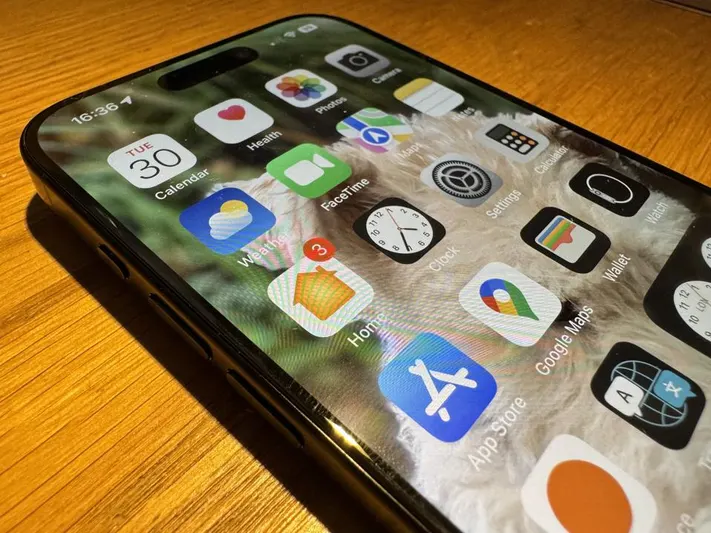Apple is gearing up to roll out iOS 17.4 before March 6, with the first beta version already in circulation. This update is poised to be one of Apple’s most substantial revamps for iOS, carrying implications not just for users in the EU but potentially for iPhone users globally.
At the heart of iOS 17.4 is the introduction of iOS sideloading, a move aimed at adhering to the EU’s Digital Markets Act. This development is groundbreaking for EU users, granting them the unprecedented ability to download apps from alternative marketplaces.
However, Apple isn’t exactly thrilled about this mandated change. It disrupts the tech giant’s long-standing “walled garden” approach, which entails tight control over hardware, software, and the operating system to ensure security and privacy.
The introduction of iOS sideloading suggests that iPhones in the EU may become less secure, as indicated by Apple’s announcement. While the company is implementing safeguards, the shift is unavoidable.
But the ramifications of iOS sideloading might extend beyond the EU. Similar legislation is being considered in the UK, and there’s speculation that sideloading could eventually become viable worldwide. Presently, sideloading is only feasible through jailbreaking, a practice discouraged by Apple.
In iOS 17.4, sideloading will be confined to pre-approved app marketplaces to uphold security. This move spawns a new ecosystem, potentially influencing global trends in app distribution.
Very important new data point from Apple CFO: European Union represents only 7% of App Store revenue. So there’s your answer on why Apple isn’t expanding the changes to other markets (unless they are forced to).
— Mark Gurman (@markgurman) February 1, 2024
Despite the EU representing only a fraction of App Store revenue, Apple’s iOS changes carry weight. However, Meta CEO Mark Zuckerberg anticipates potential hurdles for developers adjusting to the new app stores. Nevertheless, the iOS 17.4 update signals a deviation from Apple’s conventional approach and could catalyze broader shifts in the tech landscape.
In essence, iOS 17.4’s sideloading capabilities signify a significant departure from Apple’s established practices and have the potential to reshape app distribution worldwide.















































